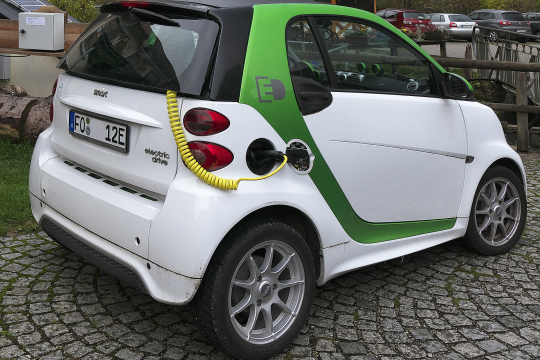EfD Authors
Files and links
Country
Publication reference
Aravena, C., & Denny, E. (2021). The impact of learning and short-term experience on preferences for electric vehicles. Renewable and Sustainable Energy Reviews, 152, 111656. doi:10.1016/j.rser.2021.111656

